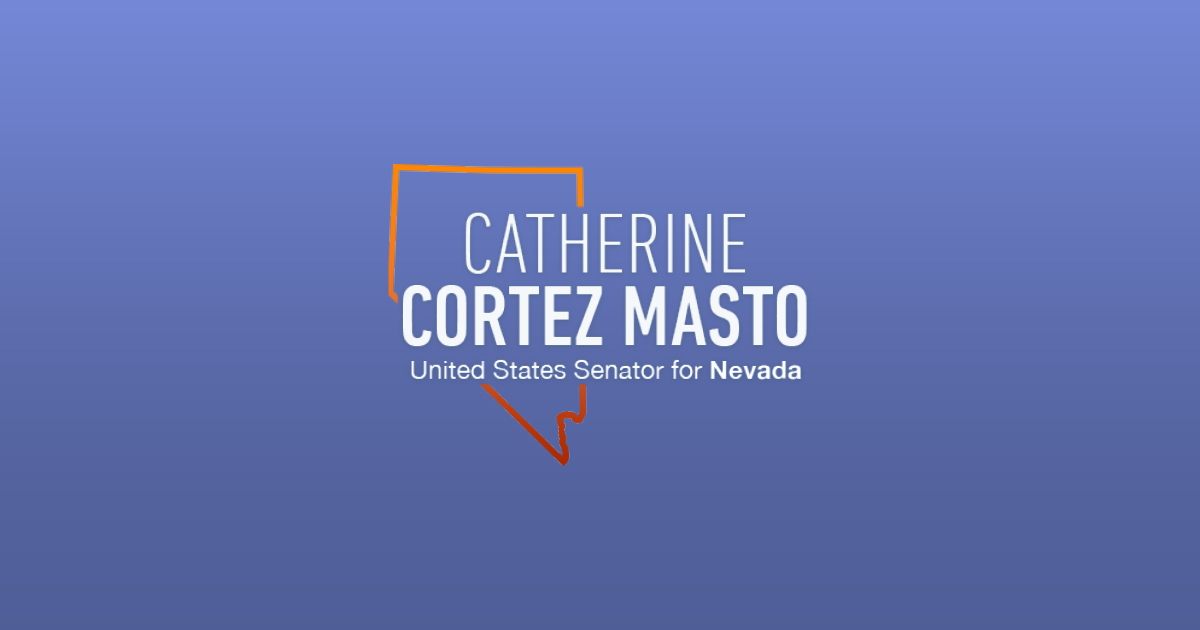Source: United States Senator for Nevada Cortez Masto
Washington, D.C. – U.S. Senator Catherine Cortez Masto (D-Nev.) announced that the U.S. Department of Energy (DOE) today will begin distributing over $3.6 billion in funding to boost production and recycling of batteries used to power everything from computers to electric vehicles. Senator Cortez Masto helped secure this funding through the Bipartisan Infrastructure Law, and it will strengthen our domestic battery supply chain and spur the creation of clean energy jobs.
“I secured provisions in the Bipartisan Infrastructure Law to support the domestic critical mineral supply chain used in battery production,” said Senator Cortez Masto. “Nevada’s innovation economy is at the forefront of battery manufacturing and recycling, and the infrastructure law could bring vital new investments to the state. These grants to grow U.S. battery manufacturing are going to create good-paying jobs, spur our economic competitiveness, and help us combat the climate crisis.”
The “Battery Materials Processing and Battery Manufacturing” and “Electric Drive Vehicle Battery Recycling and Second Life Applications” funding opportunities are aligned with the National Blueprint for Lithium Batteries, authored by the Federal Consortium for Advanced Batteries, and led by DOE and the Departments of Defense, Commerce, and State. The blueprint details a path to bolstering the domestic battery supply by equitably creating a robust and diverse battery workforce.
Since establishing her Innovation State Initiative, Cortez Masto has been a leader in the Senate on efforts to encourage the use of clean energy, spur electric vehicle development, and diversify Nevada’s economy. She has supported numerous provisions to support battery manufacturing, improve technology supply chains and help build out Nevada’s electric vehicle infrastructure. The Bipartisan Infrastructure Law includes legislation Cortez Masto secured to promote Nevada’s mining and emerging battery industries and set up a sustainable critical mineral supply chain. Right now, critical minerals like lithium and cobalt mined in Nevada are largely shipped overseas for processing and manufacturing purposes, but these measures will help Nevada expand its industry and create more jobs in the processing and recycling sectors. Another bill the Senator advocated for promotes battery manufacturing and recycling projects in Nevada and across the country.
###
